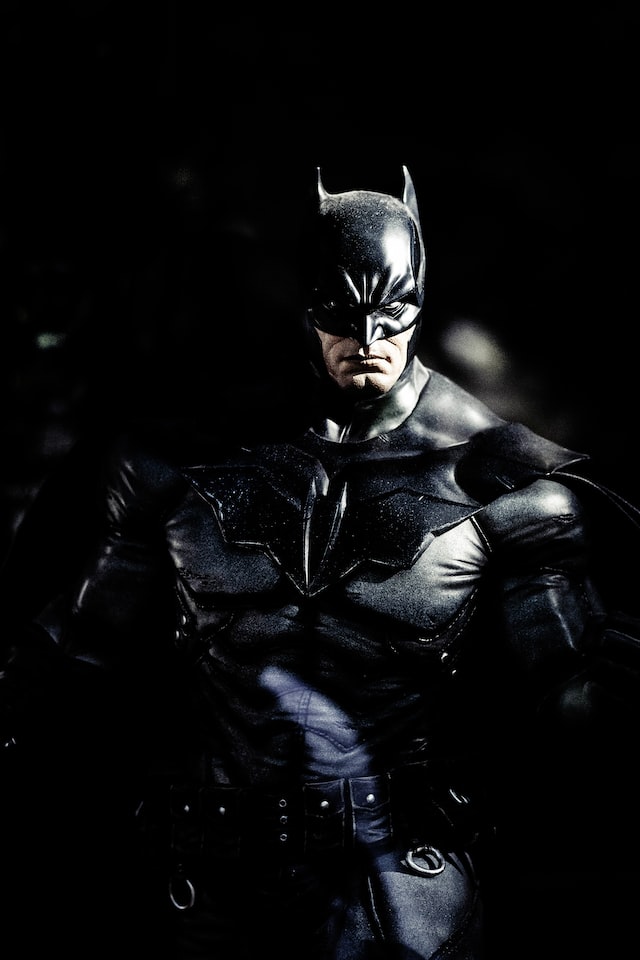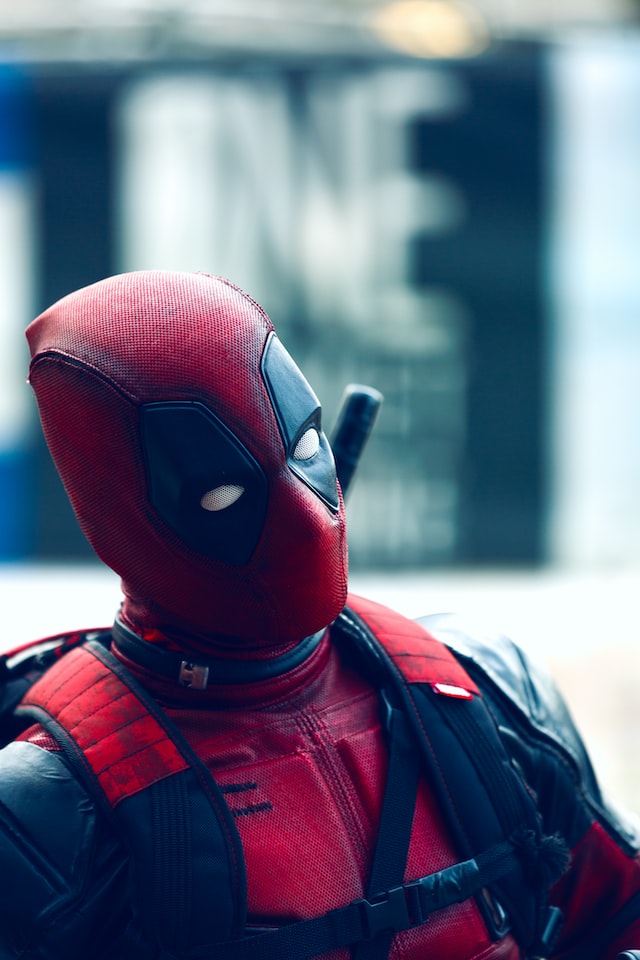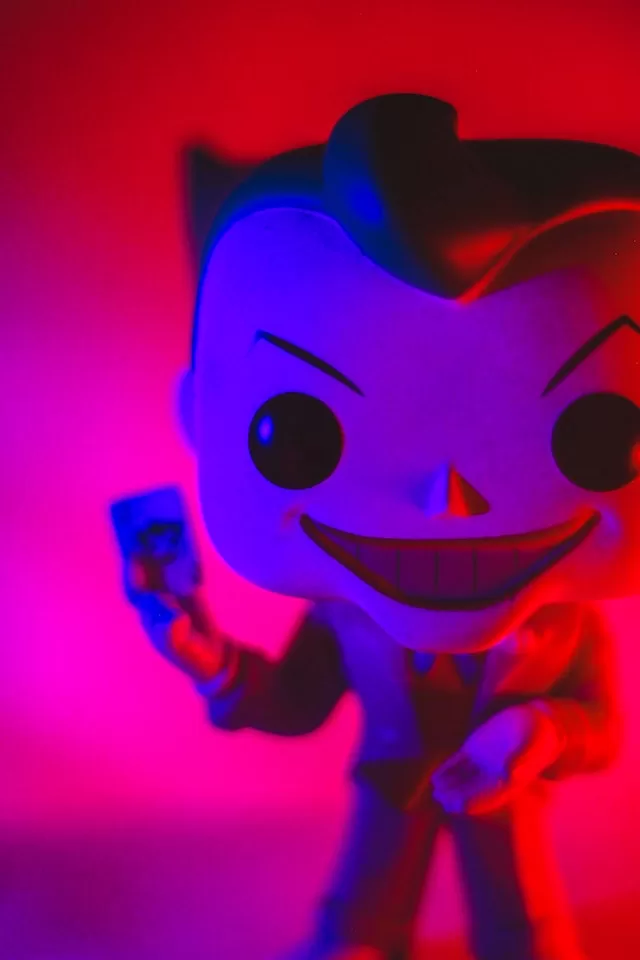The main difference between a villain and an anti-hero is that a villain is motivated by pure evil, while an anti-hero may have some good qualities, but is ultimately driven by self-interest. A villain wants to harm others and brings about chaos, while an anti-hero may do things that are considered morally wrong, but does so for the greater good.
The definition of a villain
A villain is typically defined as a character who is the opposite of a hero. They are often characterized as evil, cruel, or malevolent. A villain may also be someone who causes harm or destruction in order to achieve their goals.
The definition of an anti-hero
The definition of an anti-hero is someone who lacks the traditional qualities of a hero, such as courage, morality, and integrity. An anti-hero is often someone who is conflicted or ambivalent about their actions, and they may be driven by self-interest or a personal vendetta. While they may not be purely evil, their motives are often questionable, and they can be a source of chaos and destruction.
Villain Vs. Anti-hero – How do they differ?
So, what is the difference between a villain and an anti-hero? It boils down to their motivations and whether or not they are ultimately redeemable. A villain is usually driven by selfishness or a desire to cause chaos, whereas an anti-hero may have more complex motivations. An anti-hero can also sometimes be redeemed, whereas a villain rarely is.
Examples of villains and anti-heroes
A villain is typically someone who is evil for the sake of being evil, whereas an anti-hero is someone who may have questionable morals or methods, but ultimately has good intentions.
Examples of villains include:
-The Joker from Batman
-Darth Vader from Star Wars
-Lord Voldemort from Harry Potter
-The White Witch from The Lion, The Witch, and The Wardrobe
Examples of anti-heroes include:
-Han Solo from Star Wars
-Wolverine from X-Men
-Snake Plissken from Escape From New York
Is an anti-hero a hero or villain?
An antihero is defined as a protagonist who lacks the traditional heroic qualities of courage, morality, and idealism. In other words, an antihero is more of a villain than a hero.
However, there are some who argue that an antihero can be both a hero and a villain. This is because an antihero typically possesses both good and bad qualities, making them more relatable to readers or viewers. Additionally, an antihero’s actions are often driven by personal motivations rather than altruistic ones.
Is an anti-hero evil?
It depends on how you look at it. If you consider someone who doesn’t have all the traditional heroic qualities to be evil, then yes, an anti-hero can be evil. However, if you see an anti-hero as someone who is ultimately trying to do something good, even if they go about it in a less than ideal way, then they may not be evil after all.
Is Batman an anti-hero?
It important to consider the context in which Batman operates. He’s fighting against some of the worst criminals in Gotham City, often at great personal risk. And while he may not always be selfless or altruistic, he does usually have good intentions.
However, Batman certainly has his share of personal demons and dark motives. He’s been driven by revenge at times, and has even resorted to using fear and intimidation as weapons. So in some ways, you could say he fits the definition of an anti-hero.

(Photo by Marcin Lukasik on Unsplash )
Who is the best anti-hero in pop culture?
There is no definitive answer to the question of who is the best anti-hero. However, some popular contenders for the title include Batman, Deadpool, and Wolverine. These characters are all complex and morally ambiguous, which is what makes them so interesting to readers.
Batman is perhaps the most well-known anti-hero in pop culture. He is a vigilante who operates outside the law in order to protect his city from crime. He has a dark and tragic backstory, which fuels his brooding persona. He is an expert fighter and strategist, and is one of the most respected heroes in the DC Universe.
Deadpool is another popular anti-hero. He is a mercenary with a twisted sense of humor. He often breaks the fourth wall and talks directly to the reader. His healing factor makes him virtually unkillable, which allows him to get away with things that other heroes couldn’t.
Wolverine is another fan favorite anti-hero. He is a loner with a troubled past who struggles with his own demons. He possesses superhuman strength and healing abilities, which make him one of the most dangerous mutants in the Marvel Universe.
Why is Deadpool an anti-hero?
There are a few key reasons why Deadpool is considered an anti-hero. First and foremost, he regularly breaks the fourth wall, which allows him to address readers or viewers directly. This makes him seem more human and relatable, as though he is just another person struggling against the odds. Additionally, Deadpool is often shown to be motivated by personal vendettas or quest for revenge, rather than any sort of altruistic goal. This again makes him more relatable, as many people can understand the desire for revenge. Finally, Deadpool frequently uses dark humor, which helps to lighten the tone of otherwise serious situations. This makes him unique among superheroes, and helps to endear him to fans.

(Photo by Ayo Ogunseinde on Unsplash)
What are the 4 types of anti-heroes?
The Byronic Hero: This type of anti-hero is brooding, mysterious, and often misunderstood. They are loners who operate outside of society’s rules. The Byronic hero is dark and complex, making them an intriguing and compelling character.
The Tragic Hero: A tragic hero is someone who falls from grace due to a flaw in their character. They may start out as a heroic figure, but their downfall is usually a result of their own hubris or other fatal flaw.
The Postmodern Anti-Hero: This type of anti-hero challenges traditional ideas about heroism. They are often portrayed as an “everyman” character who is struggling against an unjust system. The postmodern anti-hero has a more realistic view of the world and their place in it.
The Psychopathic Anti-Hero: A psychopathic anti-hero is defined by their complete lack of empathy or remorse. They are often violent and chaotic characters who exist outside the law. While they may not be traditionally “heroic”, they often have a magnetic quality that makes them fascinating to read about.
Who is the #1 villain of all time in pop culture?
There are a lot of villains out there, but who is the number one? Is it the Joker? Darth Vader? Hannibal Lecter? It’s hard to say, but we can narrow it down to a few contenders.
The Joker is definitely up there. He’s been terrorizing Gotham City for years, and he’s shown no signs of slowing down. He’s also one of the few villains who doesn’t have any superpowers – he’s just really good at being bad.
Darth Vader is another strong contender. He was responsible for the destruction of the Jedi Order and the death of millions of people. He’s also a powerful Sith Lord, with access to all sorts of dark side powers.
Hannibal Lecter is another top villain. A brilliant mind and expert in psychology, he uses his knowledge to manipulate and hurt people. He’s also a cannibal, which definitely puts him in the “villain” category!
Photos by
Featured Image by – Miggy Rivera:https://www.pexels.com/photo/unusual-toy-of-superhero-in-bright-violet-light-6141908/








